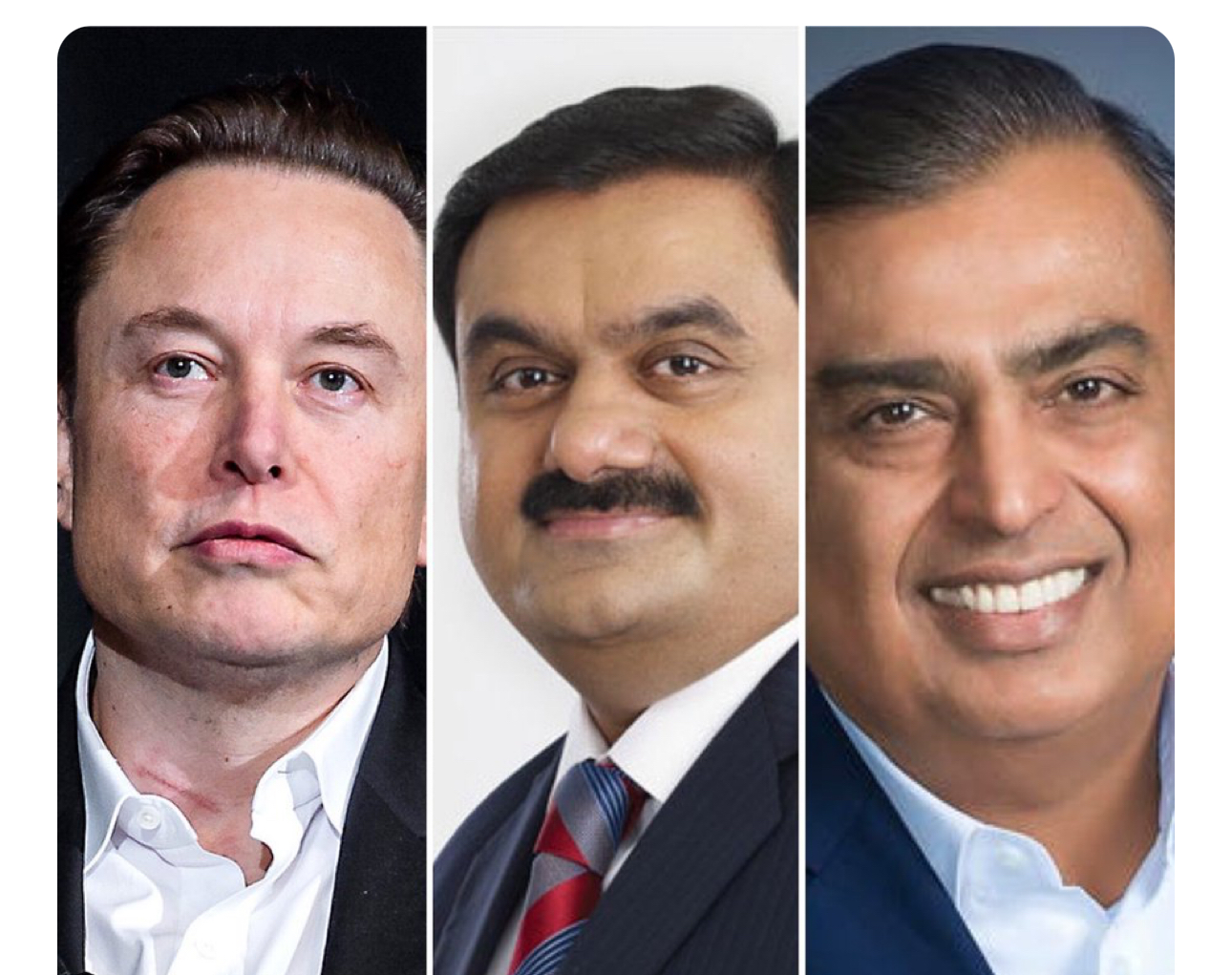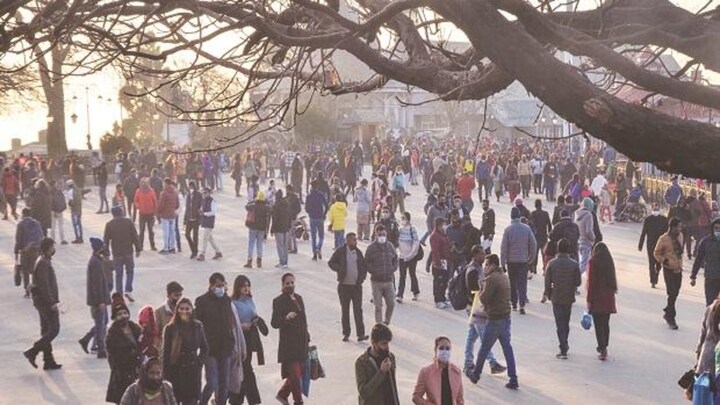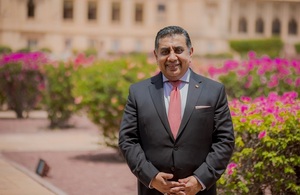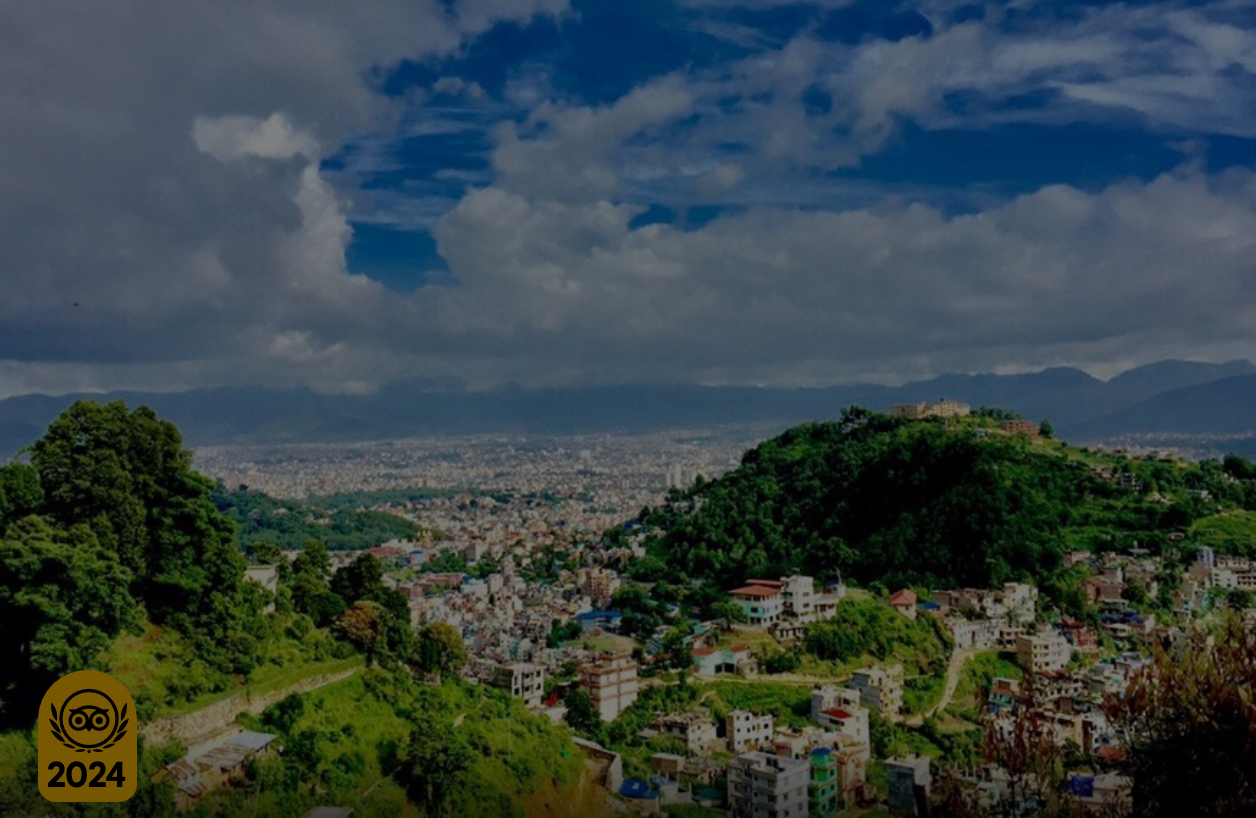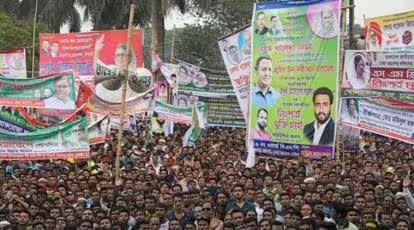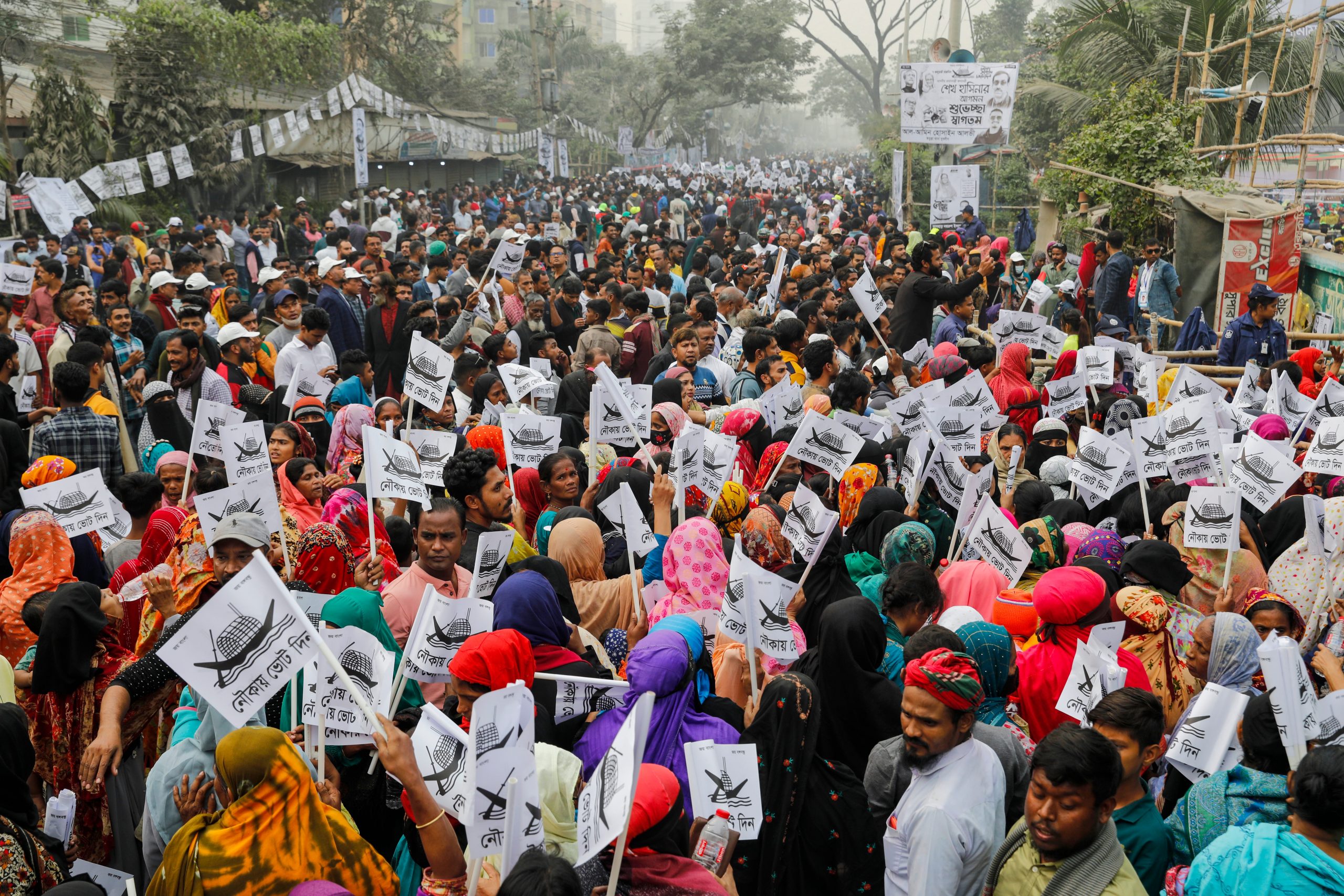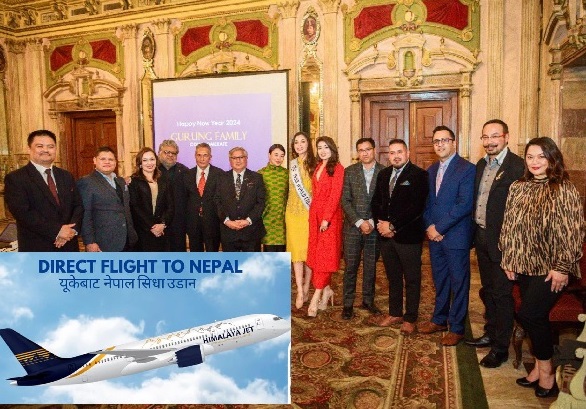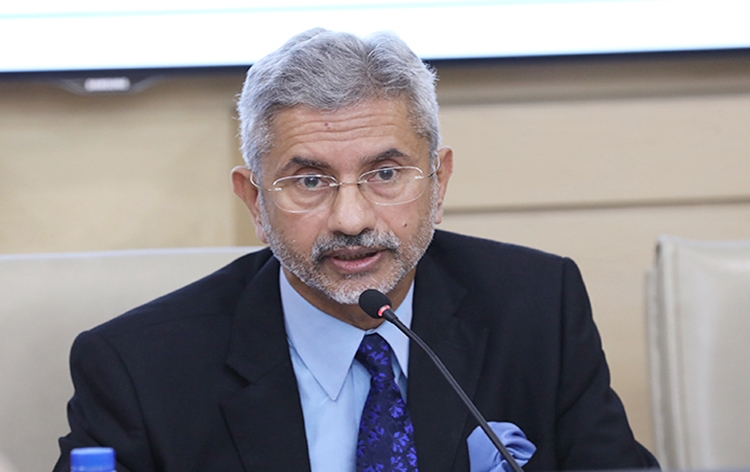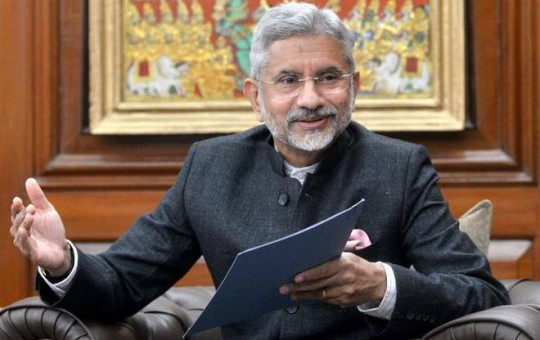Nicholas Reece, The University of Melbourne
2024 is going to be democracy’s biggest year ever. In a remarkable milestone in human history, over four billion people – more than half of the world’s population across more than 40 countries – will go to the polls.
National elections will be held in the United States, India, Indonesia, Russia, the United Kingdom, Pakistan, Bangladesh, Taiwan, Mexico, and South Africa to name just a few. The European Union will also go to the polls. This busy calendar of elections is as extraordinary for the diversity of nations and peoples participating as it is for its huge scale.
It’s tempting to see this record as a triumph for democracy as the dominant organising principle for governing people in the modern world.
But a closer examination shows democracy is at risk on many fronts. While these challenges take different forms in different jurisdictions, some clear patterns emerge. 2024 is going to be a rugged year for democracy, but there is still cause for cautious optimism about its future.
Here’s a rundown of just some of the significant elections that will shape the world in 2024.
United States
The most high-stakes election of 2024 will be the US general election for the president, house of representatives and senate in November. For decades America has stood as the world’s most powerful democracy and a guarantor (if a flawed one) of democratic governments the world over.
Donald Trump is the likely Republican nominee. In his previous term as President he did more than any previous chief executive to undermine democracyaccording to a Varieties of Democracy (V-Dem) analysis.
Now he is promising to punish his political opponents, override the independence of the Department of Justice and extend presidential power into non-political areas of government administration.
This prompted President Joe Biden to warn that “Democracy is on the ballot” in the 2024 Presidential vote.
At this stage, US voters do not seem to care too much, with Trump ahead in many key opinion polls.
India and Indonesia
The rise of democracy in India and Indonesia, the world’s second and fourth most populous nations, has been a game changer for the global advancement of human freedoms. The sheer scale of the elections in these developing nations, with a combined population of 1.7 billion, is also a miracle in modern administration.
Indian Prime Minister Narendra Modi seems almost certain to be returned for a third term in an election to be likely held between April and May.
While Indonesian Defence Minister, Prabowo Subianto, is the clear frontrunner to become the next president of the world’s largest Muslim nation in February.
In both cases, there is the risk these “strongman” leaders will win power in free and fair elections but then oversee illiberal policies that put democratic institutions under strain.
United Kingdom and Europe
The UK is likely to go to a general election in the second half of 2024. Current polling suggests it will result in the first change of government in 14 years with victory for the Labour Party led by Keir Starmer.
If that happens, it will be a reminder of democracy’s ability to enable the transfer of political power between opposing interests without widespread bloodshed – something humankind has failed at for most of history.
Other elections in Europe will be a barometer of the standing of the populist far right.
The success of anti-Islam extremist Geert Wilders in elections in the Netherlands in November means many analysts are now predicting the far right will enjoy a surge in support in European parliament elections in June, as well as national elections in Austria, Belgium, Croatia and Finland.
Africa
National elections are occurring in a dozen countries in Africa this year including Rwanda, Ghana, Tunisia, South Sudan and Algeria. But most attention will be on the mid-year election in South Africa which will be the most important since the end of apartheid in 1994.
Current polls suggest that after three decades in power the African National Congress (ANC) will not be able to garner the necessary 50% of votes needed to govern in its own right, bringing to an end 30 years of one-party rule.
Bogus elections
Special mention must be made of the 2024 elections which will not be free and will not be fair.
Russia, Rwanda and Belarus are governed by tyrannical rulers who jail opponents and run bogus elections that deliver 90% majorities or higher.
Then there is the charade elections occurring in Bangladesh, Iran and Tunisia where leaders allow the opposition to compete, but not to win.
Will democracy pass these tests?
Elections are taking place against a backdrop of spreading illiberalism around the world, the weakening of independent institutions in some of the big democracies, and a creeping disillusionment in advanced democracies, especially among younger people, about the benefits of a democratic system.
But there is also reason for cautious optimism that the long arc of history continues to steer determinedly towards a more democratic world.
Democracy remains the model that most developing nations strive for. According to Freedom House, there were 69 electoral democracies in 1990 rising to 122 by 2014. It is telling that even dictators and despots feel the need to give themselves the appearance of a democratic mandate. And surveys of citizens in advanced democracies continue to show high levels of support for the ideals of democratic government.
“Government of the people, for the people, by the people” still holds significant advantages over all the other alternatives currently being tried. But in 2024 it will be tested mightily.
( From : The Conversation)




